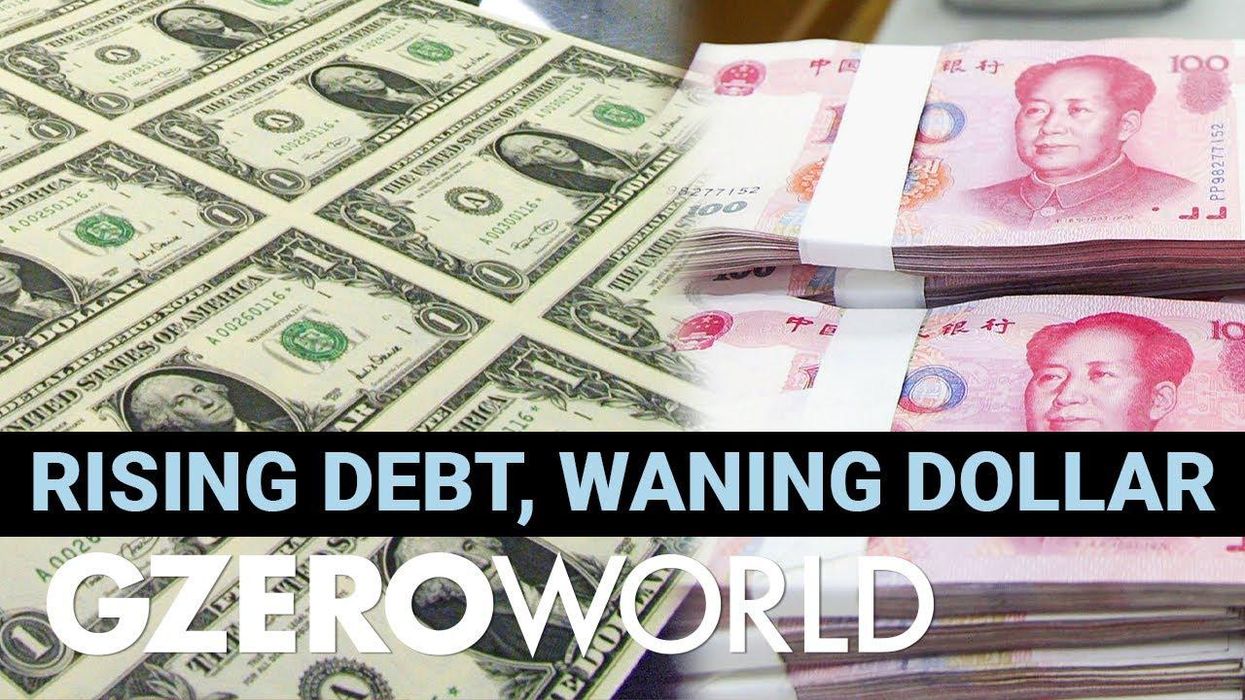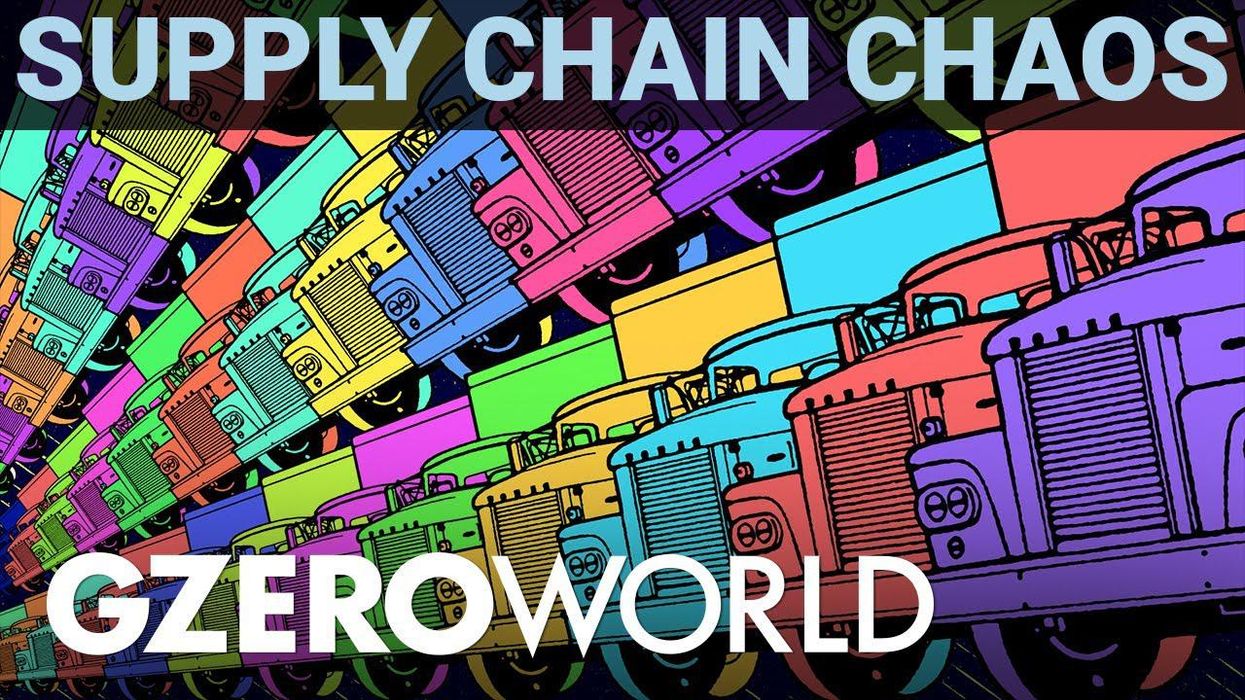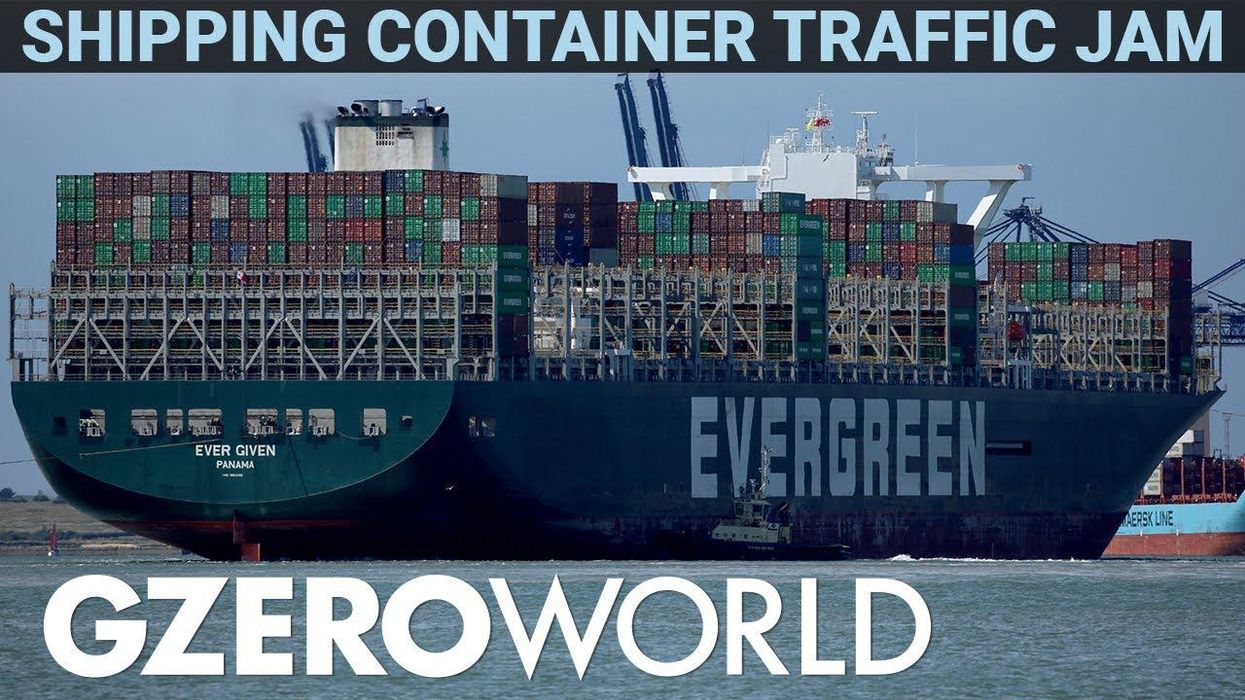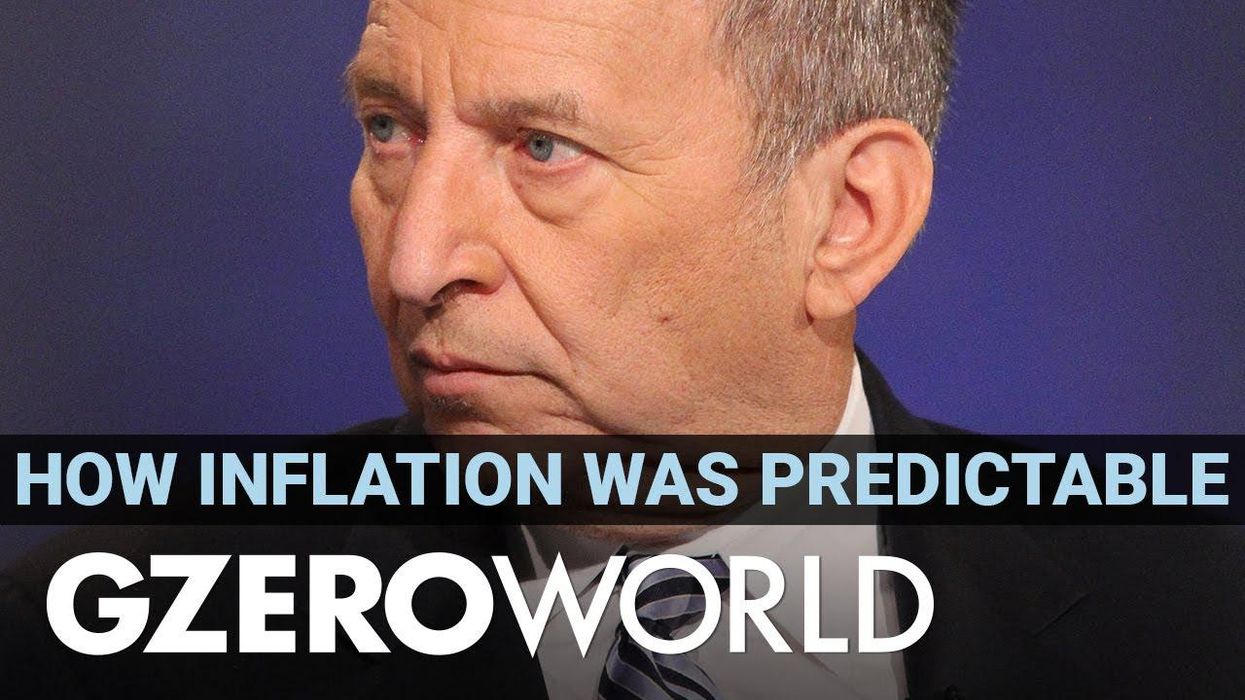GZERO World Clips
Why "cheap money" is worrying billionaire US investor Ray Dalio
Just days ago, the US national debt topped $30 trillion for the first time in history. Household debt jumped by $1 trillion last year, the most since 2007. For Ray Dalio, the billionaire head of the world’s largest hedge fund, rising debt across the board is a big problem because it's increasingly widening the gap between all the money out there and what it can buy.
Feb 10, 2022




